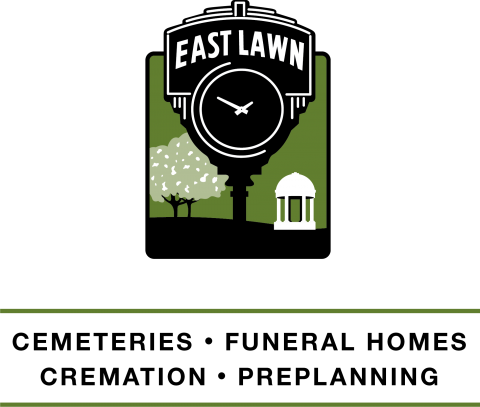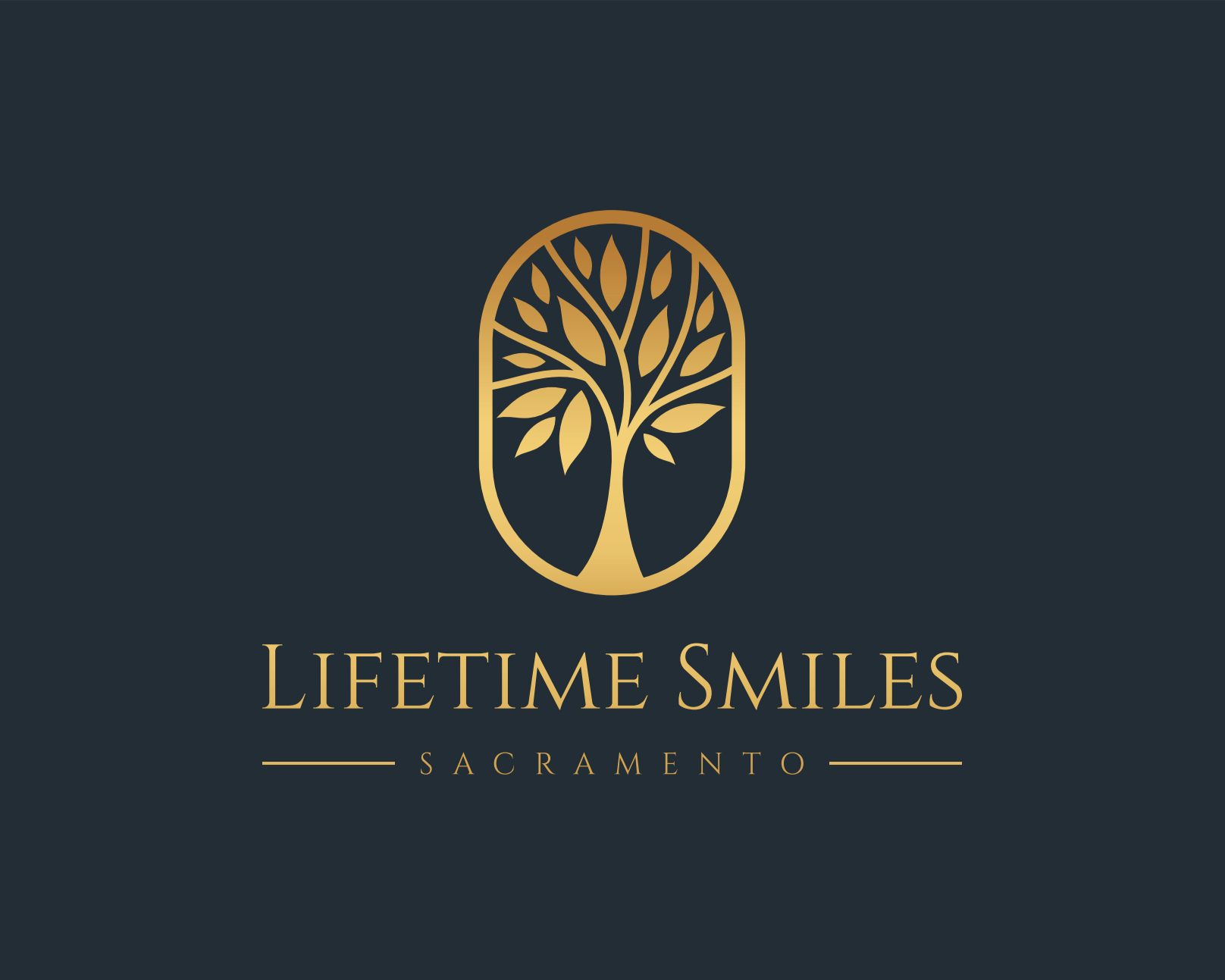Subscribe to our Newsletter!
 East Sacramento Preservation
East Sacramento Preservation
Category Archives: Essays
East Sacramento Winter
Long ago Aunt Mae visited us three weeks before Christmas. She was from San Francisco, had a career, a divorce, men friends who lit her cigarettes, and a son in a military academy, all of which contributed to her aura of tainted sophistication. When her cream colored Cadillac pulled up in front of our little house on 42nd street, I ran out to meet her. She approved of East Sacramento. She said to my mother, “Better a small house here than a mansion in Fresno.” Fresno was to my aunt second only to Purgatory in places you didn’t want to be.
She took me Christmas shopping. Blond, six feet tall, she wore her height with elan. She also wore a fur coat and we breezed through Montgomery Ward’s for presents for my father and two brothers. It seemed to me that the clerks rushed to bring her ash-trays and total up her purchases. No careful browser like my mother, she examined first a large toy space gun that made a thin, beeping noise, then a coonskin cap. “Which would Danny like?” she said. She didn’t wait for an answer. “Better be safe and get both,” she said, handing them to the grinning clerk. It was the same with all the choices in all the stores: get both. In Wienstock’s where we shopped for my mother and sisters she explained her philosophy. “Money is like manure. You let it pile up and it stinks. Spread it around and flowers grow.” She had everything gift wrapped.
I got to choose where we had lunch and selected Frankie’s Drugs on J Street. If she was disappointed that I rejected Frank Fat’s she didn’t let on. She strode into Frankie’s in her fur coat and while our toasted cheese sandwiches and chocolate sodas were being made she bought stocking stuffers—filling the store baskets with shampoos, combs, key chains, pens, cards, nail polish, purse mirrors, magnifying glasses, tiny flashlights, larger flashlights, cards, magazines and paperbacks. “We’ll get some good murders for your poor mother,” she said.
It was a wondrous lunch and she left folded paper money under her plate. Aunt Mae believed in tipping and said if you could afford to eat out you could afford at least a twenty percent tip and she hoped that I wouldn’t ever, ever grow up to be a skinflint like my uncle Neal. I swore I wouldn’t.
After lunch, in a car filled with presents, we drove around to look at the trees ofEast Sacramento. “December sixth,” she said, “and you’ve still got these fall colors.” We cruised the Fabulous Forties, though I don’t recall them being called that then, and circled East Portal Park, then over to H Street to McKinley Park, then back down 41st where she pulled over to admire a clump of changing elms and maples—the colors a fantastical mix of deep fiery rose, yellow, flaring orange, umber and gold, all this under a slate gray sky. In one tree alone she counted seven distinct colors. She turned off the car radio Christmas music and we sat in silence. Then she said, “Not everybody has this. You can’t buy this.”
That night she took us all out to dinner to some fancy place downtown—nobody remembers where—but we had to dress up and go in two cars because there were so many of us. After that we toured the Christmas lights of Sacramento. Aunt Mae took occasional nips from a silver flask in her voluminous purse and graded the displays. “Paltry. B minus,” she said of one house with a modest, single string of bulbs around the picture window. But when we got back to East Sac she gave all As. Both our cars stopped in the Fabulous Forties and we tumbled out to gaze at a towering pine covered with sparkling blue and white lights. “This,” said Aunt Mae, “is the most gorgeous thing I’ve ever seen.” My mother said, “Oh Mae, you must have wonderful light shows in San Francisco.” But Aunt Mae took her arm and said, “No. This, right here—this is the absolute best.” It was a balmy, shimmering night, and I knew she was right.
Pat Lynch
Posted in Essays
3 Comments
East Sacramento Summer
It was a warm June afternoon when I first saw the boy. He must have been seven years old and he walked sedately from the gate at the old Sacred Heart School. When he reached a waiting Volvo he stopped, threw his arms into the air and twirled. He did a little dance out there on the hot sidewalk and it stopped me, charmed me. I knew what I was seeing, and I saw another kid there in his dance, a girl from a long time ago, who wore pigtails and walked primly until there wasn’t a nun in sight, then burst into flight, and raced down the elm and sycamore shade of H street into a perpetuity of freedom–a Sacramento summer.
What a luxury, those big summers. The long days fattened, bestowed time to ride bikes and roller skate and build forts in the empty lot 42nd and D. It was all about time, an infinity of cool mornings and those drowsing afternoons tumbling gently, no end in sight, freedom sprawling forever. I remember that the girl turned her calendar against the wall so she wouldn’t have to be reminded of September, and told her mother, “I’m so happy I might burst into fragments.” And her mother, a redhead who did not like summer, who wore a floppy sunbonnet and gloves when hanging clothes in the back yard, would not dilute the girl’s rapture, and said, always, “Yes, this is going to be a long one.”
I saw the boy again a year later. July. He sat at a table in the kid’s section of McKinley Library, turning the pages of a tall, outer-space pop-up book. There was a stillness about him and his dark hair drooped over one eye. His absorption in the book recalled the girl again, padding barefoot to this very library, her card clutched in her hand, half skipping, crossing the streets on the white lines which didn’t sting like the boiling asphalt. McKinley Library was salvation. Because by mid July the afternoons hung long and heavy in the dead air. The adults all said the same thing–at least it’s a dry heat. But it was cool in the library and there lay a world of promise. She’d go home and read the afternoons away, sometimes in the top bunk with a mound of red grapes on her chest, sometimes in a special perch in the apricot tree in the back yard. School was out but books were in. And this wasn’t reading for pleasure, this was reading for joy–Zane Gray, Louisa May Alcott, the Nancy Drew mysteries, and when she got older, Charles Dickens and Mark Twain. The boy is growing up to different summers, with TV and the Internet, but there he was in the library the next year also, and the year after, so somebody was making sure he didn’t miss the adventure.
One year I saw a lot of him. He was learning to skateboard and one sweet, delta-breeze night at Pops in the Park he took a tumble. One of the people who ran to him was the woman who waited for him in the Volvo that first day at Sacred Heart.
I went one August afternoon to the farmers market with a widely traveled friend. He said that Sacramentans live in a paradise of backyard gardens and fruit trees, and described how he had once waited in a Warsaw Pact country for two hours to pay the equivalent of $30.00 for 5 lbs of scrawny bananas. “You have this productive soil here,” he said. “You’re a fertile crescent. You’ve got your two big rivers, your Mediterranean climate. You’re rich.” The woman next to us turned around and said, “Yes. We are,” and I recognized her–the boy’s mother. So now we got to meet and have a neighborly chat and I learned that the boy was on a swim team, lounged in the hammock with his laptop most afternoons after practice, was destined for the McClatchy High School HISP program, was a good kid, still read books, and not just Harry Potter.
The next year I saw him hanging out with friends by the golden bears at the State Fair. It was a muggy, September twilight that made everyone pine for the old dry heat. He was taller than I now, wore trendy shades, chugged down a Gatorade, talked to girls. He gave me a slight nod. I passed through the turnstile and indulged in a feast of recollections that included, of course, a particular girl’s first non-family trip to the fair. She had become cool that particular summer, too cool to go places with her parents, too cool for cotton candy, too cool to show enthusiasm. And way too cool to admit that she missed the way her mother loved the flower show and her father marveled at the gargantuan Clydesdale horses that trotted by the Counties building. That was the long hot summer of coolness, hard on everybody.
I don’t see the boy anymore. He’s a young man now, gone away to college in the Bay Area. I wonder if he likes the weather there, the fog, the overcast. Probably he does. It’s brisk and exhilarating. But I’m guessing that now and then he might look out a dorm window on a chill day and wish for a moment to be somewhere else, back in time, back in that hammock maybe, in swim trunks and sun block, swaying lazily, his book on the grass beneath him, his eyes closing, the Sacramento day going on forever.
Pat Lynch

















 Subscribe In A Reader.
Subscribe In A Reader. Check Us Out On Facebook!
Check Us Out On Facebook! Check Us Out On Twitter!
Check Us Out On Twitter! Visit Nextdoor!
Visit Nextdoor!








